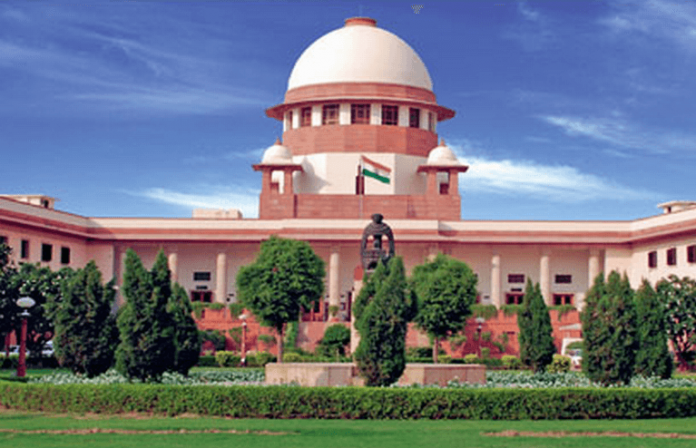Iqra Fatma, TwoCircles.net
The Supreme Court recently affirmed the constitutional validity of Section 6A of the Citizenship Act, 1955, which addresses Assam’s unique migration history. This provision allows migrants from East Pakistan (now Bangladesh) to gain citizenship if they entered India before March 25, 1971, whereas the rest of the country has a cut-off date of 1951.
The court dismissed claims that this provision led to a “demographic invasion” in Assam, providing relief to the Bengali community, both Hindu and Muslim, many of whom fled persecution in erstwhile East Pakistan during the 1950s and 1960s.
The ruling raises complex issues for the Bengali Hindu community. Assam has experienced significant migration of both Bengali Hindus and Muslims, who are viewed by Assamese nationalists as threats to local culture and resources. Section 6A was introduced in 1985 through the Assam Accord, which restricted citizenship for migrants who arrived after March 25, 1971.
In contrast, the 2019 Citizenship Amendment Act (CAA) allows undocumented migrants, “persecuted minorities – Hindus, Jains, Sikhs, Christians and Paris, from Bangladesh, Pakistan and Afghanistan – who entered before December 31, 2014 – to apply for citizenship. Only Muslims are excluded from this amnesty. This creates a contradiction: while both Section 6A and the Assam Accord call for the deportation of migrants post-1971, the CAA permits non-Muslims to seek citizenship regardless of these restrictions.
Legal experts affirm that the Supreme Court’s judgment does not significantly alter the status of Bengali Hindus in Assam. They will still be subject to the conditions of Section 6A, needing to prove residency before certain dates to avoid being classified as illegal migrants. The CAA may offer some relief, but it applies to a limited number of individuals.
Complications arise due to the CAA’s inapplicability in Sixth Schedule areas and regions governed by the Inner Line Permit, which complicates the citizenship landscape in Assam.
Critics argue that the court’s endorsement of claims of large-scale illegal migration lacks empirical support. The National Register of Citizens (NRC) process, conducted from 2015 to 2019, excluded only 1.9 million people, allowing for legal appeals. Some fear that the court’s decision could exacerbate the scrutiny faced by Muslim residents, leading to wrongful detentions.
The ruling does not resolve the discriminatory citizenship regime in Assam, which differentiates based on religion. An Assam government directive allows authorities to overlook undocumented immigrants suspected of entering before 2015, provided they are not Muslim. It reinforces a biased citizenship framework.
Critics say the Supreme Court’s judgment “upholds a system that perpetuates religious discrimination in citizenship rights, affecting both Bengali Muslims and Hindus in complex and often unjust ways”.


